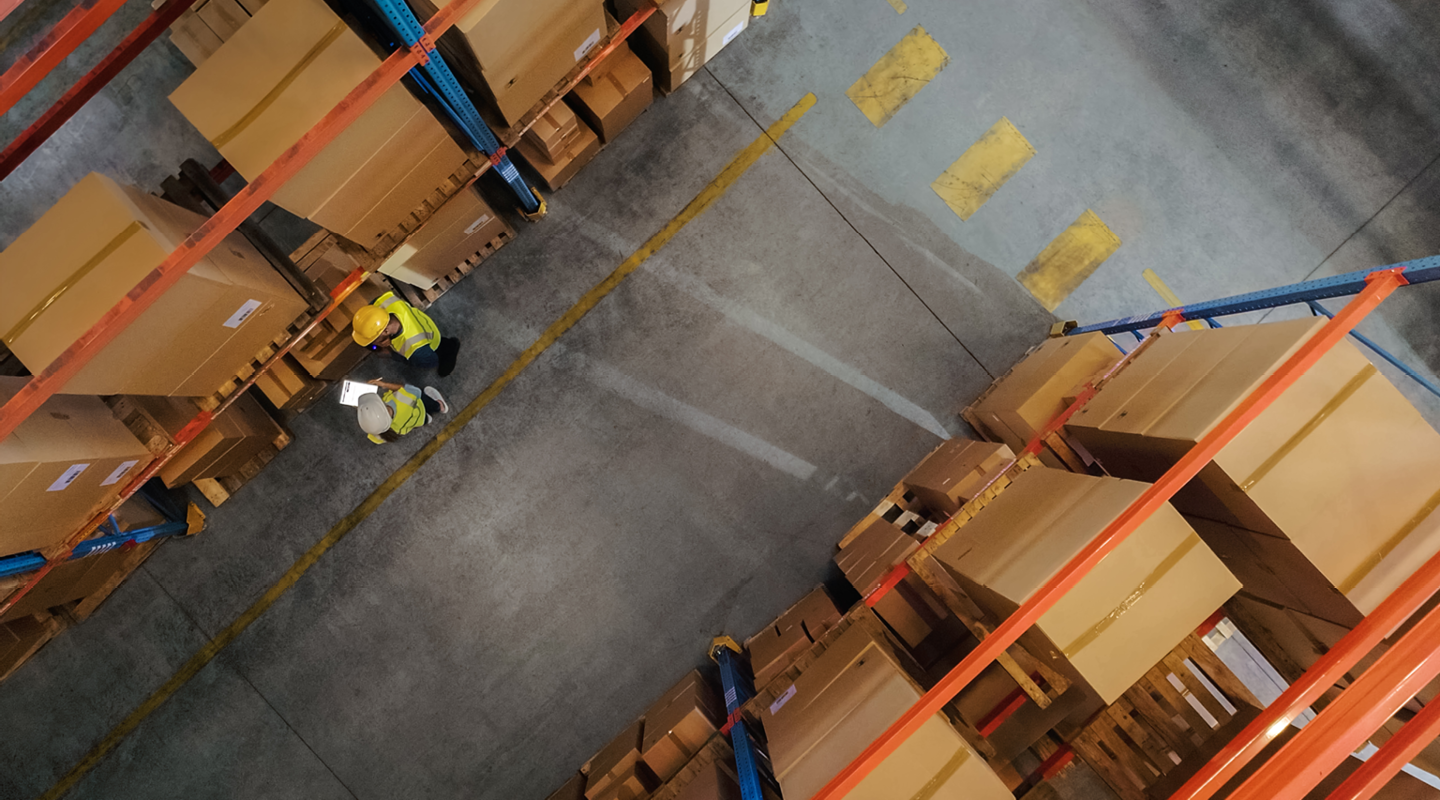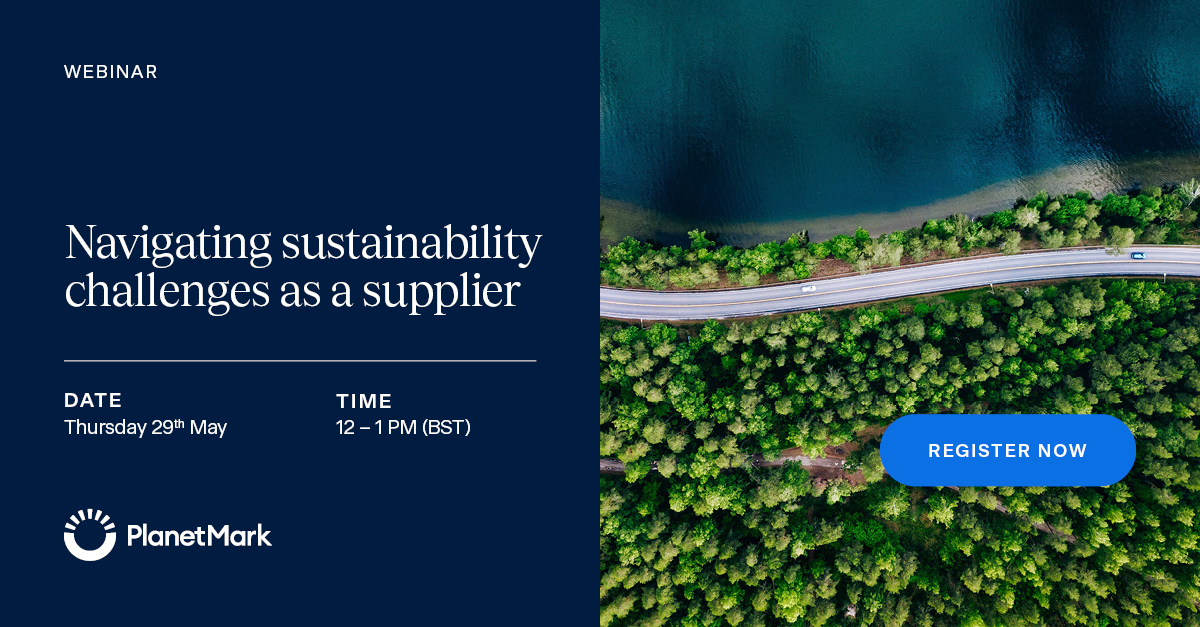Where your biggest impact really begins
Most businesses are chasing net zero by looking inward, measuring energy use, tweaking operations, switching providers. But that’s just the tip of the iceberg.
According to BCG and CDP, Scope 3 emissions, most of which sit in a company’s supply chain, are, on average, 26 times higher than operational emissions.
They’re also the hardest to measure, control, and reduce, especially without a clear framework or support.
That’s where organisations like Planet Mark come in, helping businesses tackle Scope 3 with clarity and action.
Why it matters
According to the State of Supply Chain Sustainability Report 2024, pressure from investors and buyers is the fastest-growing driver of supply chain sustainability, increasing by 25% over the last five years.
Procurement teams are no longer just focused on cost or delivery. They’re demanding carbon data, science-based targets, and transparent progress from suppliers.
That shift is already influencing contracts, tenders, and long-term partnerships. If you’re not equipped to meet those expectations, you risk losing out to suppliers who are.
You might enjoy: Sustainable procurement toolkit

What’s getting in the way?
Even the most committed businesses struggle with Scope 3. From working with hundreds of members, we see the same blockers:
- Suppliers feel overwhelmed by climate requests they don’t fully understand
- Data is fragmented or out of reach, especially beyond Tier 1
- Sustainability teams aren’t sure what “engagement” really looks like
A quick survey isn’t enough. Suppliers need education, support, and a framework they can trust, not just a spreadsheet to fill out.
That’s why leading businesses are changing their approach: shifting from pressure to partnership.
5 actions to engage your supply chain (without burning out your team)
- Start with education, not expectation
Help suppliers understand the why, not just the what.
- Segment your supplier base
Focus on those with the highest influence and impact.
- Communicate clearly and early
Plain language + realistic timelines = better response rates.
- Make it easy to respond
Use templates, tools, and walkthroughs to reduce friction.
- Celebrate progress, not perfection
Recognise suppliers taking action — and spotlight their stories.
What this looks like in practice
Fortnum’s supply chain shift: small suppliers, big impact
Fortnum & Mason isn’t just reducing emissions internally; they’re transforming how their supply chain supports sustainability.
With Planet Mark’s support, they’ve engaged over 150 suppliers across the UK and Hong Kong — many of them small, artisan partners. By offering tools, training, and a clear ask for emissions data, Fortnum’s laid the groundwork for deeper collaboration across their value chain.
“Now, more and more businesses are beginning to realise that just reducing carbon is not enough. We need to think about our businesses’ future… and start looking at our natural capital as we would commercial capital.”
– Sasha Notley, Director of Technical and Sustainability, Fortnum & Mason
It’s a clear example of how businesses can turn climate ambition into supply chain action — with Planet Mark by their side.
Scope 3 clarity = supply chain advantage.
Making your supply chain more sustainable is no longer optional, it’s a business necessity. Companies that act now will secure long-term advantages, while those that delay risk losing contracts and falling behind.
Planet Mark’s Net Zero Programme provides the framework, tools, and certification to measure, manage, and validate your supply chain impact.
Download our Scope 3 Guide to take the first step in future-proofing your business.
Join our upcoming webinar: Navigating sustainability challenges as a supplier

Thursday 29 May 2025 | 12:00–1:00pm
In this free session, we’ll explore how to reduce Scope 3 risk, what leading businesses are doing differently, and where to focus when time, budget, or buy-in is limited.

